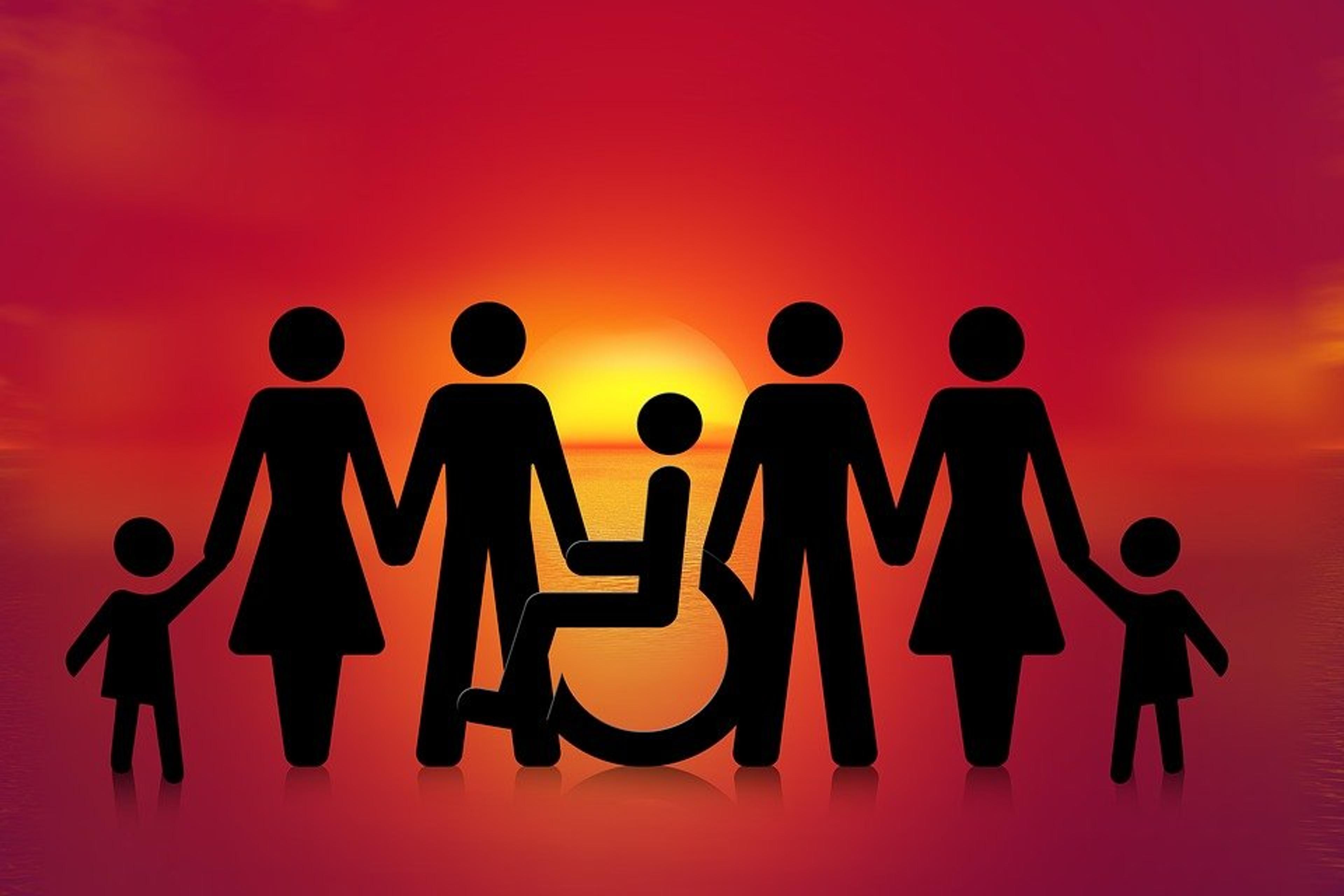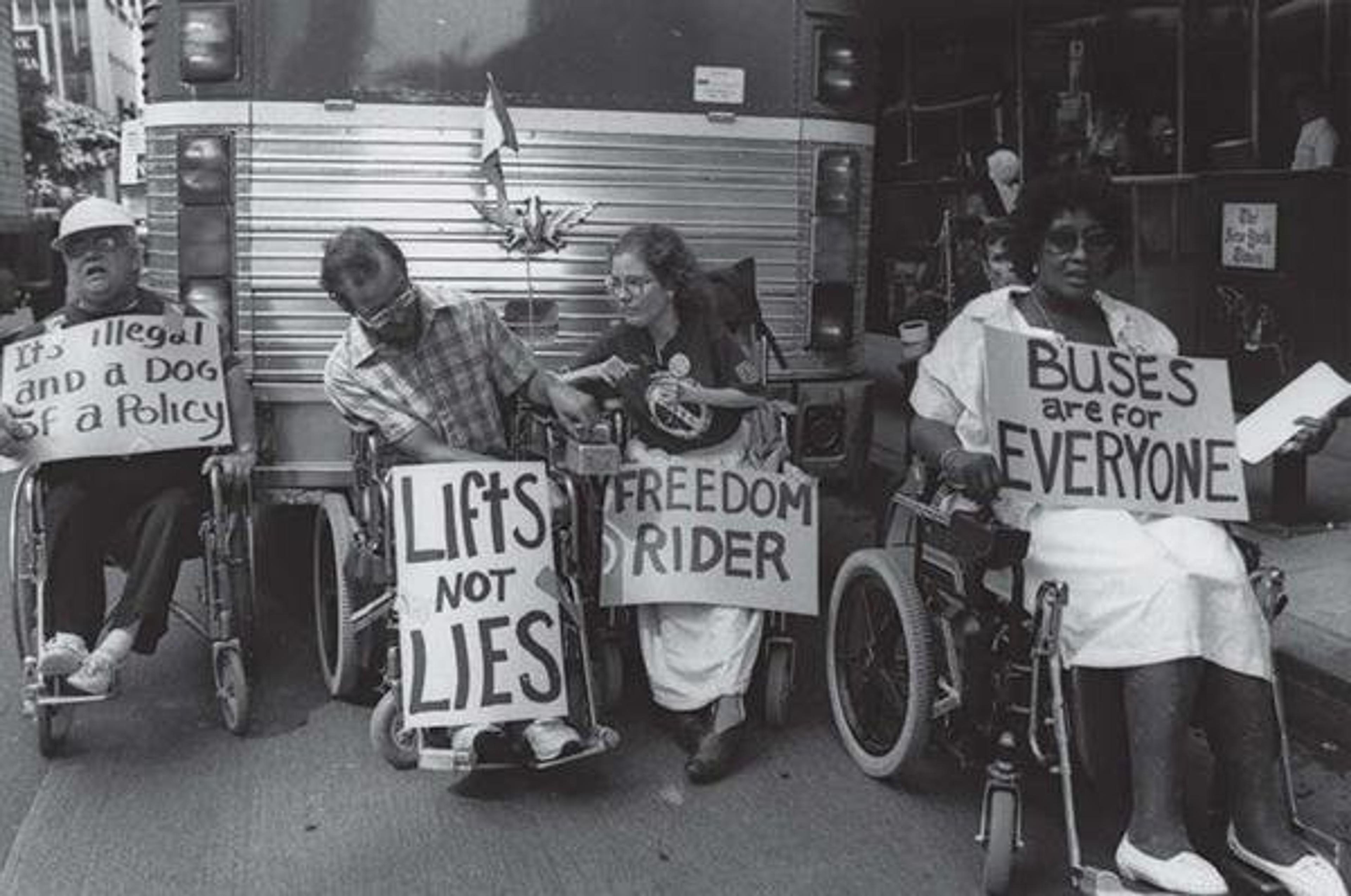People with disabilities comprise at least 42.8 percent of the Indian population. Only 35.2 9% of all people living with disabilities have access to schools in our country. This is the population that has been marginalized and overlooked for a long time and despite many improvements in the health care sector, the present situation isn’t all better.
A person with a disability is seen as an individual who ‘lacks’ something and this disability is seen as their inability. Despite various measures being taken for the inclusion of PwDs in India, the condition hasn’t improved much when it comes to the humane treatment of people with disabilities. Understanding disability in a developing country is a complex phenomenon as it overlaps with other major challenges such as socio-economic differences, literacy, and stigma surrounding it. There are various categories of disability types such as Physical, Sensory, Neurological, Psychiatric, and Intellectual, and Hidden Disabilities (more commonly known as Invisible disability). Disability thus influences various domains of one’s life as disability is not a homogeneous concept and rather depends on person to person, it’s effect cannot be generalized.

The fact that parents are reluctant to even accept their child’s disability says a lot about the attitude of society towards disability. This denial is the first hurdle for the early intervention of a child and usually affects their future treatment. For our society, anybody who doesn’t fit in the norm of normal is prejudiced against. This treatment is worse when it comes to people with disabilities. And due to this discrimination, the Rights of Persons with Disabilities Act was passed in 2016. This law was comprehensive and covered 21 disabilities. However, it came with its loopholes amongst many.
December 3 has been marked as the International Day of Person with Disabilities by the United Nations in 1992. The aim behind this was to encourage further representation and equal participation and increase awareness about the rights of people with Disabilities.
Consequently, there is a need to be more disability-inclusive. And the call for that is to change the persisting mindset of society towards Persons with Disabilities. There are many terms we have been using while referring to people with disabilities that are wrong and they bring out faulty and prejudiced ideas about disabilities such as ‘crippled’, ‘retard’, or ‘insane’. It is essential to use the correct terminology and focus our language on the person and not the disability. Being sympathetic towards them, treating them as’ unfortunate’, or even calling them dependable needs to change. In a research which was conducted by Boston University, the researcher stated that ‘Indian PWDs remain largely invisible to the society’, which is true as even though there are laws made to ‘protect’ their rights, the implementation of them is lacking. The corporate sector and even the government are not as inclusive as it promises to be. We fail in understanding disabilities and our inherent conditioning towards it makes the environment substandard for them.

Our foremost duty should be to create accessible spaces for Persons with Disabilities in our country. Sensitization and awareness drives are needed so that there is no more undermining of the capability of such people. Today people are more aware than we were a decade before and there is increased representation. We now have people to look up to who defied the norms of being disabled. An environment where every individual is treated with respect regardless of their disability. We need to learn and unlearn, reflect on where we have been wrong, with a genuine effort to make this world more disability-inclusive. It is thus pivotal to redefine the concept of disability to make it more inclusive.
Aashita Batra is a student pursuing Psychology from Jamia Millia Islamia.
Edited by: Malaika M Khan
Disclaimer: The opinions expressed in this publication are those of the author. They do not purport to reflect the opinions or views of The Jamia Review or its members.




